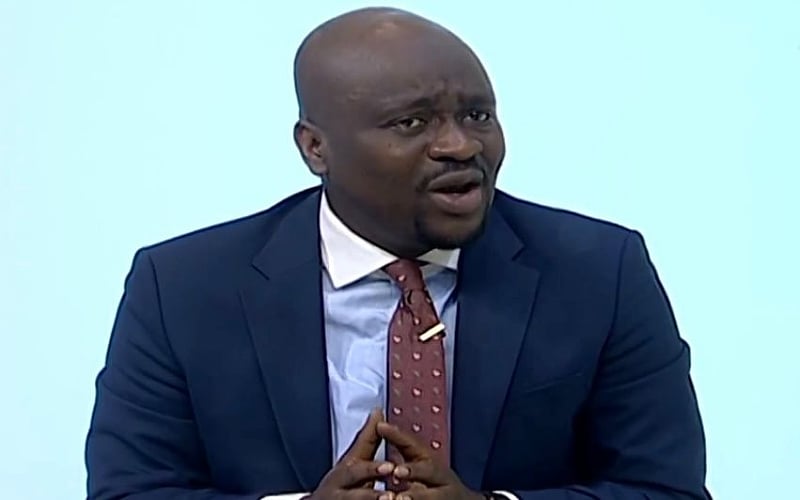The ongoing debate surrounding Ghana’s intermittent power outages has intensified, with accusations and counter-accusations flying between the ruling National Democratic Congress (NDC) and the opposition New Patriotic Party (NPP). The NPP Minority in Parliament recently held a press conference demanding that the NDC government resolve the power crisis within four months, criticizing the government’s handling of the situation and drawing comparisons to their own tenure. This demand has sparked a strong reaction from the NDC, with communication team member Hamza Suhuyini condemning the NPP’s stance as audacious and unrealistic, given the long-standing nature of the energy sector challenges inherited from the NPP’s eight years in power.
The NPP’s argument, as articulated by Minority Chief Whip Frank Annoh-Dompreh, centers on the idea that five months is sufficient time for a competent government to address the erratic power supply. They point to the NDC’s previous complaints about the same issue when they were in opposition, arguing that the NDC, now in power, should be able to implement solutions. Annoh-Dompreh specifically highlighted the role of John Jinapor, who previously criticized the power situation as a ranking member and now holds a position of authority within the energy sector. The NPP contends that the NDC’s explanation of unpaid bills from Ghana Water as a contributing factor to the power outages is merely an excuse and that the government should take responsibility and fix the problem.
Suhuyini, however, vehemently disagrees with the NPP’s assessment. He argues that the NPP’s demand to resolve a complex, long-standing issue within just four months is unreasonable, considering that the NPP itself grappled with the same problem for eight years. He questions the audacity of the NPP to expect a swift resolution after their own prolonged period of managing the energy sector. Suhuyini emphasizes that the power challenges predate the 2024 elections and were a significant concern for Ghanaians, many of whom were even requesting a load-shedding timetable to manage their expectations. This, he implies, underscores the deep-rooted nature of the problem and the need for a more comprehensive and long-term approach to its resolution.
The debate also touches upon the role of the Energy Minister, whom the NPP accuses of focusing on complaints rather than solutions. Suhuyini defends the Minister, asserting that the communication is in line with the NDC’s campaign promise of transparency and keeping the public informed. He argues that the Minister’s actions are not complaints but rather updates to the Ghanaian people about the challenges being faced and the steps being taken to address them. This, Suhuyini suggests, is a responsible approach to governance and a fulfillment of the NDC’s commitment to open communication with the citizens.
In essence, the clash between the NDC and NPP highlights the politically charged nature of the power crisis in Ghana. The NPP is pushing for immediate results and accusing the NDC of incompetence, while the NDC argues that the NPP’s demands are unrealistic given the inherited challenges and the short time they have been in office. The debate also underscores the different approaches to communication, with the NPP criticizing what they perceive as complaining, while the NDC defends its approach as transparent and informative. The power crisis continues to be a pressing issue for Ghana, with both political parties using it as a platform to critique each other’s performance and capabilities.
Ultimately, the ongoing power outages represent more than just a technical challenge; they are a symbol of the broader political and economic difficulties facing the nation. The back-and-forth between the NDC and NPP reflects the complex dynamics of Ghanaian politics and the urgent need for a sustainable solution to the energy crisis. The citizens of Ghana bear the brunt of these outages, and the pressure is on both parties to find a way forward that ensures a reliable and affordable power supply. The debate highlights the need for a more nuanced and collaborative approach to address the root causes of the power challenges, rather than resorting to politically motivated accusations and unrealistic demands.














